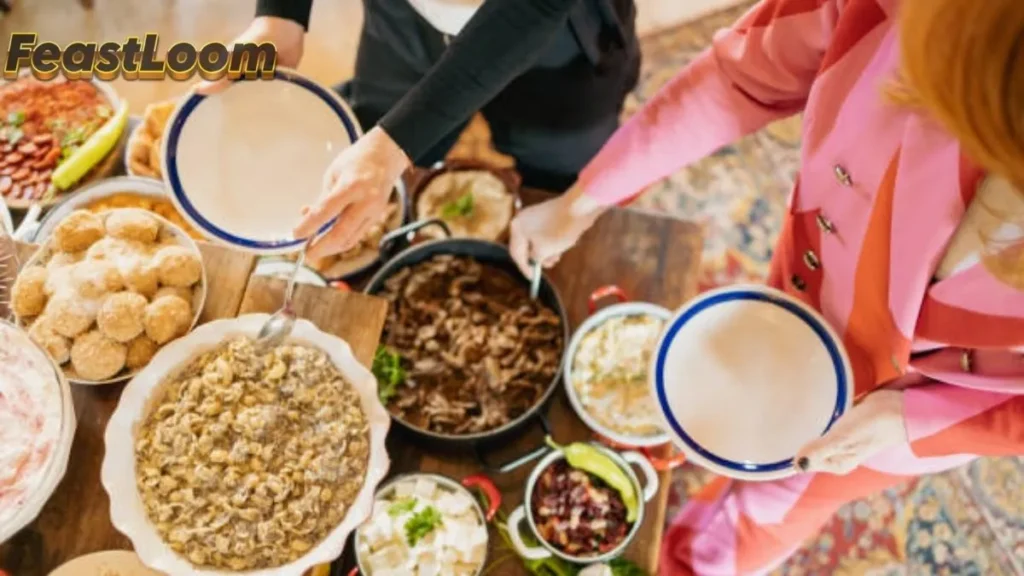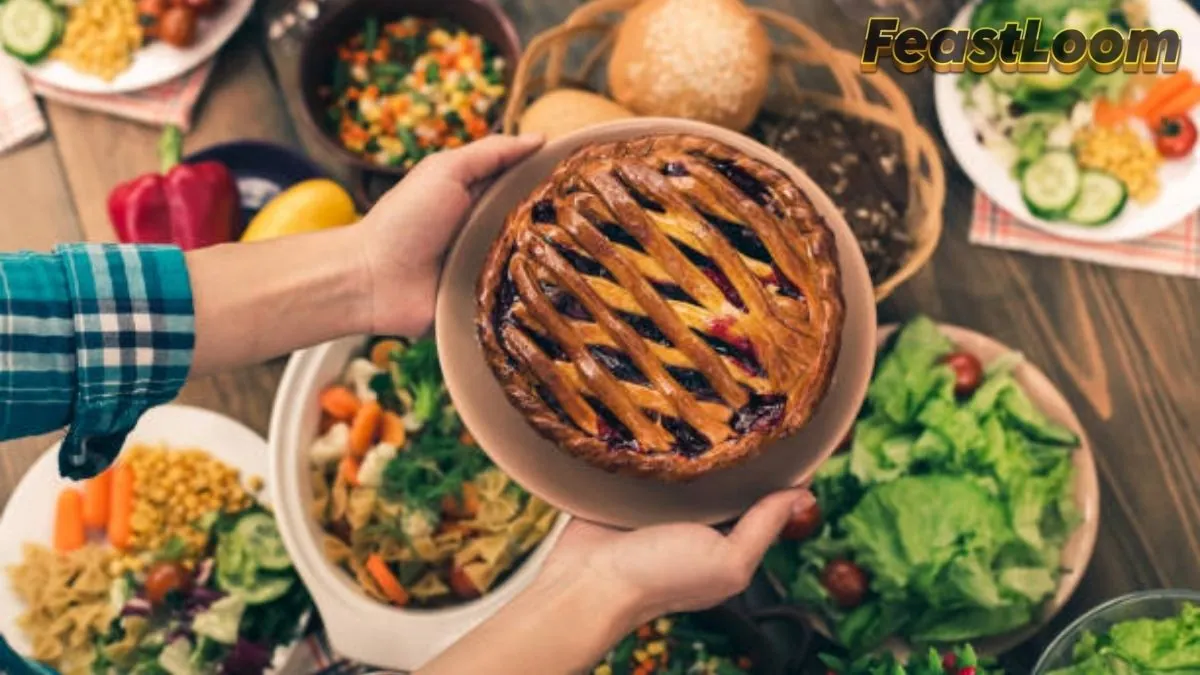Why is banana bread often linked to the idea of family and togetherness?

Why is banana bread often linked to the idea of family and togetherness?
The Warm Bond of Family and Togetherness in Baking Banana Bread
Banana bread holds a cherished place in many households and hearts worldwide. This humble, delicious treat has a unique story that often intertwines family, togetherness, and fond memories. But why is banana bread frequently associated with these sentiments? Join us as we explore why banana bread, a simple yet delightful baked good, has a special place in our family memories and communal gatherings.
Unearthing the Roots: History of Banana Bread
Understanding the close association of banana bread with family and togetherness requires delving into its historical roots. Banana bread initially gained popularity during the Great Depression in the United States. Families needed to be frugal and make every ingredient count, repurposing overripe bananas into a new delight: banana bread. This ‘waste not, want not’ spirit fostered family cohesion and unity as families came together to bake and share this comforting dish.
The Comfort Factor
Banana bread, with its tender crumbs and sweet banana aroma, serves as homey comfort food. The simple act of baking and sharing banana bread echoes sentiments of warmth, nurturing, and care. This connection stems from a universal truth: food is a medium of expressing love, and that’s particularly true for banana bread. The feelings of family and togetherness are baked right in, making banana bread a embodiment of familial comfort.
The Ritualistic Baking of Banana Bread
Baking banana bread is often a family event, full of lively conversation, laughter and, of course, anticipation. Whether it’s a weekend tradition or a rainy-day activity, the process requires cooperation and teamwork. Passing down the family recipe from generation to generation fosters a sense of legacy and togetherness, strengthening family ties.
The Universality of Banana Bread
Another factor that links banana bread to the idea of family and togetherness is its universal appeal. Its simplicity and affordability mean it’s shared in diverse households across socio-economic lines. Whether as a breakfast staple or a teatime treat, banana bread is recognizable and relatable the world over, making it synonymous with shared experiences and togetherness.
Banana Bread in modern Pop Culture
The unanimous love for banana bread transcends the kitchen. Its place in popular culture, including novels, songs, and television shows, further amplifies its image as a symbol of family, home, and togetherness. For instance, references to baking banana bread during familial gatherings or special occasions are frequent, reinforcing this baked good as a touchstone of camaraderie and shared memories.
A Symbol of Resilience and Creativity
Banana bread signifies resourcefulness and creativity, another strand drawing it towards the concept of family and togetherness. Discovering inventive ways to use overripe bananas demonstrates resilience, a fundamental family value. The various adaptations of the traditional banana bread recipe, from the inclusion of chocolate chips to nuts, reflects a family’s adaptability, creativity, and unity.
Togetherness Reinforced through Celebrations and Holidays
The frequent presence of banana bread during holiday seasons and family celebrations further cements its association with family and togetherness. The shared slices of warm, soft banana bread create a sense of belonging and unity, nurturing strong familial bonds.
From its historical roots to its role in traditional family gatherings and modern popular culture, banana bread’s connection to family and togetherness is unambiguous. Beyond being a delicious treat, its story delivers a serving of love, unity, and shared history. Next time you bite into a slice of banana bread, remember that it offers more than just a sweet taste—it’s a slice of comfort, family, and togetherness.

Learn More
Conclusion
Banana bread is more than just a delicious treat; it’s an embodiment of family and togetherness. Its simplicity speaks volumes about the importance of shared experiences and time spent together in the kitchen. The sweet aroma often evokes childhood memories and the warm memories associated with home-cooking. With every slice, it’s as if we are tasting a small piece of nostalgia, a tangible way of connecting with our family heritage and traditions. So the next time you enjoy a slice of banana bread, remember it’s more than just a simple snack – it’s a sign of love, care, and togetherness that transcends generations.
FAQ
1. Why is banana bread associated with family and togetherness?
Banana bread is associated with family and togetherness due to its simplicity and history as a beloved household food. It’s often made together as a family, thus strengthening family bonds.
2. Can baking banana bread help to create family bonds?
Yes, baking banana bread can help to foster family bonds as it allows quality time to be spent together, nurturing relationships while working towards a common, rewarding end goal.
3. What feelings does banana bread often evoke?
Banana bread often evokes feelings of nostalgia, warmth, and love, reminding people of their own family traditions and childhood home-cooked meals.
4. Are there any traditions associated with banana bread?
While there are no set traditions, many families have their own beloved recipe often passed down through generations, making it a nostalgic and sentimental food item.
5. How popular is banana bread?
Banana bread is popular worldwide, loved for its sweet, moist, and comforting flavor profile. It’s often enjoyed at breakfast, but is versatile enough for any time of the day.
6. How versatile is banana bread as a food?
Banana bread is extremely versatile. It can be enjoyed plain, or adapted with ingredients like nuts, chocolate chips or fruit for added taste and texture.
7. Can banana bread be created to cater for dietary requirements?
Yes, banana bread recipes can be easily adapted to cater for various dietary requirements, such as gluten-free, dairy-free or vegan.
Why is banana bread often linked to the idea of family and togetherness?

When you make purchases through the links available on our site, we may receive an affiliate commission at no additional cost to you.



